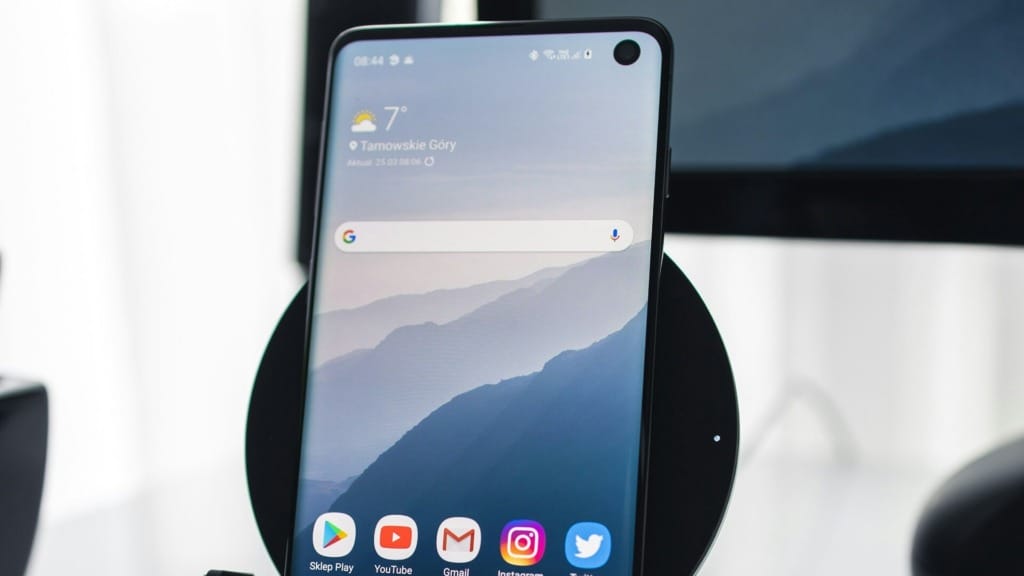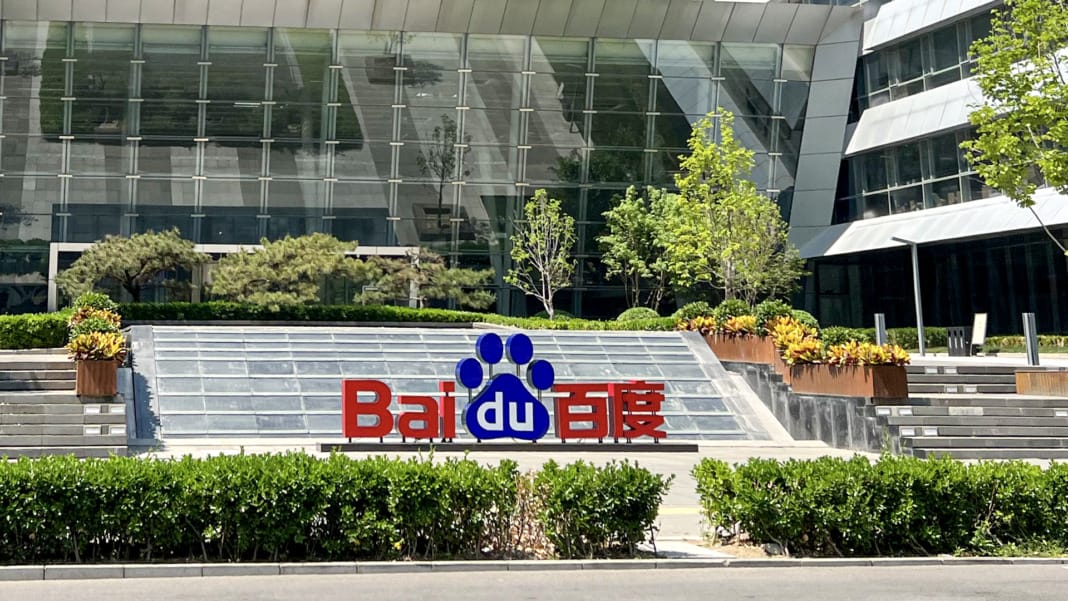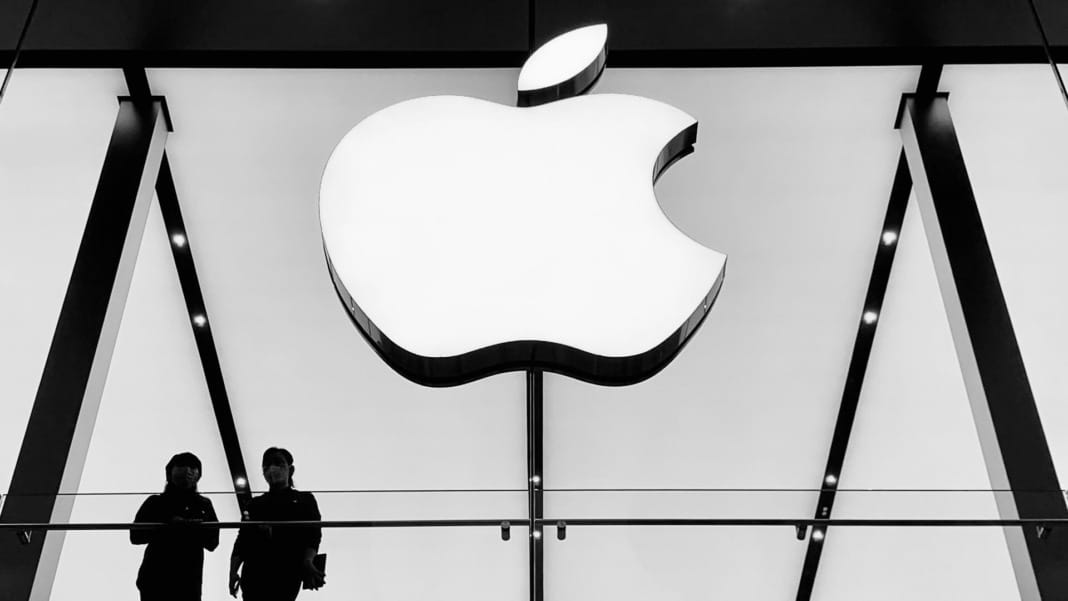In a bid to regain ground in the competitive Chinese smartphone market, Samsung Electronics recently announced a strategic partnership with Baidu AI Cloud. The collaboration aimed to integrate Baidu’s Ernie large language model and search engine into Samsung’s Galaxy S24 series, which is specifically tailored to the Chinese market. However, this move seems to have failed to ignite enthusiasm among Chinese consumers.
Chinese users express concerns
Since the Galaxy S24 series was released in China on January 25, many Chinese consumers have taken to social media platforms to express their reservations about the integrated Baidu search features. In particular, they have raised concerns that Baidu’s search functionality does not match up to Google’s Gemini AI, which supports the global version of the Galaxy S24 but is unavailable in China.
One Weibo user, “Sun Weilun,” highlighted the stark differences between the overseas and mainland versions of the Galaxy S24. After visiting a Samsung store in Hong Kong to test various models, he discovered that the “Circle to Search” feature powered by Baidu yielded significantly fewer results than the version supported by Google.
Richard Zhang, a resident of Beijing, even expressed his intention to opt for an overseas version of the Galaxy S24 to access superior AI services, citing concerns that the mainland version struggles to recognise Samsung’s own phones correctly.
Baidu’s AI prowess
Baidu is widely recognised as a leading player in the field of AI in China, having introduced its own ChatGPT alternative through the Ernie Bot in March 2023. Furthermore, the company unveiled Ernie 4.0 last September, confidently asserting its capabilities were on par with OpenAI’s GPT-4 in various aspects.

Despite Baidu’s standing in AI, the partnership between Baidu and Samsung is unlikely to significantly enhance the South Korean firm’s presence in the Chinese smartphone market. Samsung has seen its market share plummet from 20% to less than 1% over the past decade, primarily due to the emergence of formidable Chinese competitors like Huawei Technologies, Oppo, and Vivo, who are actively pursuing their own AI-driven innovations.
The challenge of Chinese competitors
Chinese smartphone vendors increasingly incorporate large language models (LLMs) and generative AI features into their latest handsets, presenting a substantial challenge for Samsung. However, industry experts suggest that AI alone may not change the Chinese market immediately. Ivan Lam, a senior analyst at Counterpoint Research, acknowledges the significance of the partnership with Baidu to demonstrate Samsung’s commitment to long-term operations in China.
Pricing strategy raises questions
Samsung’s pricing strategy for the Galaxy S24 series in China has also attracted attention. In contrast to the US and European markets, where Samsung maintained consistent or reduced pricing, the company set prices for the S24 and S24+ models in China at a range of 500 yuan to 800 yuan (approximately US$70 to US$112) higher than the previous S23 and S23+ models. This pricing differential has left some analysts questioning whether Samsung is effectively competing in terms of value for money in the world’s largest smartphone market.
In conclusion, while showcasing its commitment to the Chinese market, Samsung’s partnership with Baidu appears to have failed to ignite significant interest among Chinese consumers. The limitations of Baidu’s search features compared to Google’s have led some users to consider alternatives, indicating that Samsung may need to rethink its approach to stand out in the highly competitive Chinese smartphone arena.





